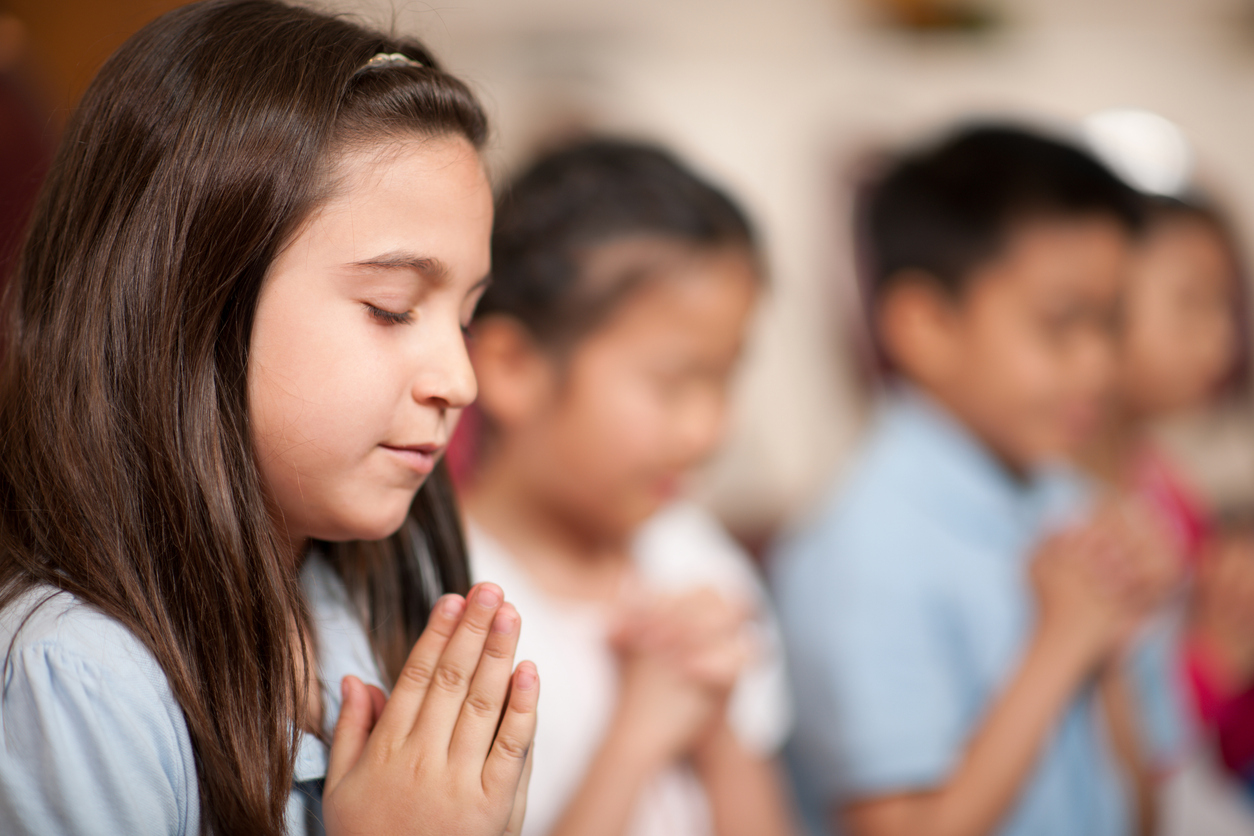This commentary appeared in the December 2022 edition of CAPE Outlook. It does not necessarily represent the views of the Council for American Private Education or its members.
Religious Charters
Our top story, on the possibility of religiously affiliated charter schools, carries massive implications for private religious schools. There are at least two distinct questions to be wrestled with in the coming days: is this concept constitutional, and is it a good idea?
Of course, those who have opposed all forms of school choice for decades will answer both questions with a resounding negative, as will those who resist any contact whatsoever between religion and the public square. However, a line of Supreme Court jurisprudence going back at least twenty years, and culminating in the Trinity Lutheran, Espinoza, and Carson decisions, have left activists holding those absolutist positions precious little ground to stand on.
Meanwhile, respected voices in the private school community see in the Oklahoma attorney general opinion a great opportunity for parents seeking a religious education for their children. Notre Dame’s Nicole Stelle Garnett, who has anticipated the possibility of religious charters for years, writes that “Opening the door to religious charter schools will result in the creation of new religious schools, adding valuable pluralism to the American educational landscape.” However, Ms. Garnett’s position that religious charters are constitutional appears to turn on her understanding of charters as not really being public schools. Previously she has written that “if charter schools really are public schools — that is, state actors — they must remain solely secular,” an assertion that some advocates of religious charters would very much dispute. As for whether charters are a good idea, while seeming in favor, she is evasive.
There is another perspective. School choice guru Matt Ladner has declared himself “president of the ‘Religious Charter Schools are Permissible, Mandatory and a Bad Idea’ Club.” In a piece at reimagineED, he warns that a coalition of charter opponents and entrenched interests will guarantee years of litigation hell for anyone attempting to open a religious charter. Food for thought, though one wonders if the threat of determined opposition is a good enough reason not to try to make progress if a concept is fundamentally sound.
We at CAPE Outlook still have a lot of thinking to do on the issue, and our nascent opinions on the matter do not necessarily represent those of CAPE or its members. But let us put it this way: it stands to reason that the religious school community would celebrate the fact that recent Supreme Court decisions have pushed back hard against the notion that public support for the parental choice of a religious education represents a fundamental breach with America’s constitutional order (and possibly even a sign of the Apocalypse). Espinoza and Carson are extremely welcome developments and long overdue. The Constitution does not allow state discrimination against individuals or institutions simply because they are religious. And allowing charters of various stripes, as long as they are not religious, does carry the whiff of such discrimination.
That said, religious school advocates should perhaps bear in mind an admonition they often use against their opponents in church-state debates: the First Amendment was not designed to protect the state from the church, but rather the church from the state. The Constitution may permit religious charters, but what will such charters mean for the the religious institutions that operate them? Just how free to be true to the fullness of their missions and creeds will religious charter operators be?
Moreover, just how eager will lawmakers be to provide ESAs, tax credit scholarships, and vouchers that can be used at private religious schools, if the taxpayer-funded religious charter option is up and running?
And of course, who will pay tuition for a religious school when there is a “free” religious charter representing (or claiming to represent) the same faith tradition down the street? If the only religious schools left in town are charters, will Springfield in fact have any truly, fully, unequivocally religious schools? Would an array of Catholic, Protestant, Jewish, Islamic, and other religious charters constitute actual pluralism, or some ersatz version of it?
These questions, and others, warrant careful consideration by private school advocates, lawmakers, and parents in the days ahead.

